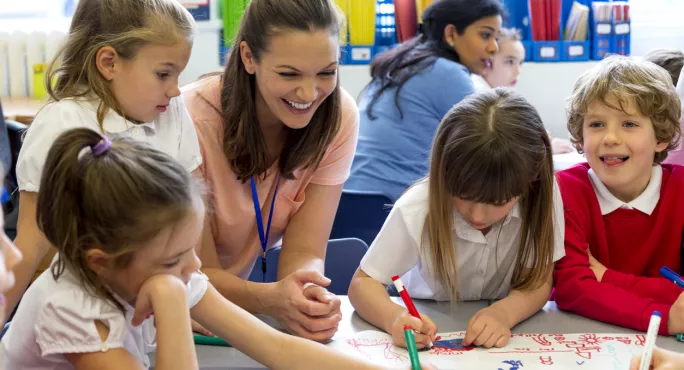Schools are being invited to adopt the government’s controversial early years reforms from the beginning of the next academic year - 12 months before the planned national rollout.
The “early adopter” schools will implement the new Early Learning Goals (ELGs), part of the Early Years Foundation Stage Profile (EYFSP), in September 2020 - one year before the revised framework becomes compulsory in September 2021.
EYFS: Everything you need to know
Controversy: Decision to scrap ‘important’ Early Years Goal defended
Viewpoint: Let’s stop arguing over what EYFS learning looks like
In 2018, the Department for Education (DfE) proposed changes to the ELGs, designed to improve outcomes at age 5. These were aimed at boosting language development, especially for the most disadvantaged children. The updated ELGs were piloted in a small group of schools in September 2018.
EYFS changes
The revised framework controversially omitted the need to assess children on the mathematical area of “shape, space and measure” or on their ability to use technology, such as computers and cameras.
The government has today sent letters to councils and schools inviting them to participate in the early rollout. Headteachers can confirm their participation by completing an e-survey, which will be sent to schools directly.
Nick Gibb, minister for school standards, said: “I want teachers to have more time interacting with children to develop their language and vocabulary, providing them with the best platform to fulfil their potential at school.
“The reformed early years foundation stage framework will support pupils’ education as they move through the early years to more formal schooling, and reduce teacher workload.
“We are inviting schools to adopt the changes early, giving them the opportunity to strengthen their practice a year ahead of statutory implementation.”
The revised framework is set to be rolled out in 2021 after a public consultation, which will end on 31 January 2020.





